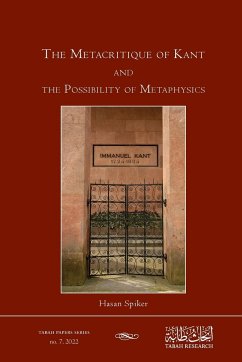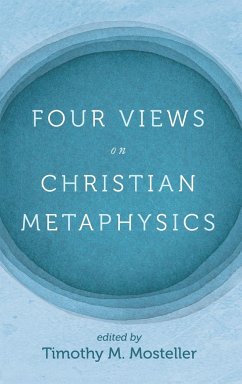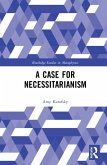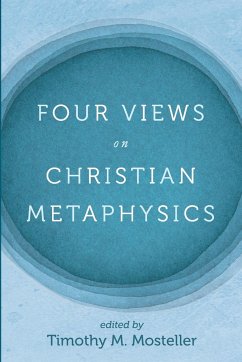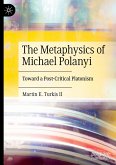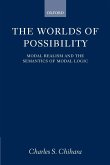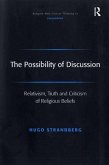This short study introduces and evaluates the most fundamental paradox at the core of Kant's philosophy. This is the 'metacritical' problem of whether Kant's critical project is itself possible, a possibility that the same project has made it its mission to deny to traditional metaphysics. Kant himself held that his conclusions were merely the impartial result of an examination of the 'instrument' by means of which that metaphysics claims to have established its conclusions, human cognition itself. Yet did Kant see the implied need to subject his own critical philosophy to such a test, since it equally presupposes 'human cognition'?Although this problem has been deemed one of the most fundamental, and indeed critical, in all Kant's philosophy by several prominent Kant exegetes, devoted treatments of the question are extremely scarce. Drawing on Platonic philosophy and the philosophical system outlined in the author's Things As They Are (2021), the study concludes that the metacritical problem is indeed fatal to Kant's anti-metaphysical aspirations, and that this elimination of such a fundamental obstacle to the practice of traditional philosophy further opens up the real possibility of a renewed metaphysics for our time.
Hinweis: Dieser Artikel kann nur an eine deutsche Lieferadresse ausgeliefert werden.
Hinweis: Dieser Artikel kann nur an eine deutsche Lieferadresse ausgeliefert werden.

